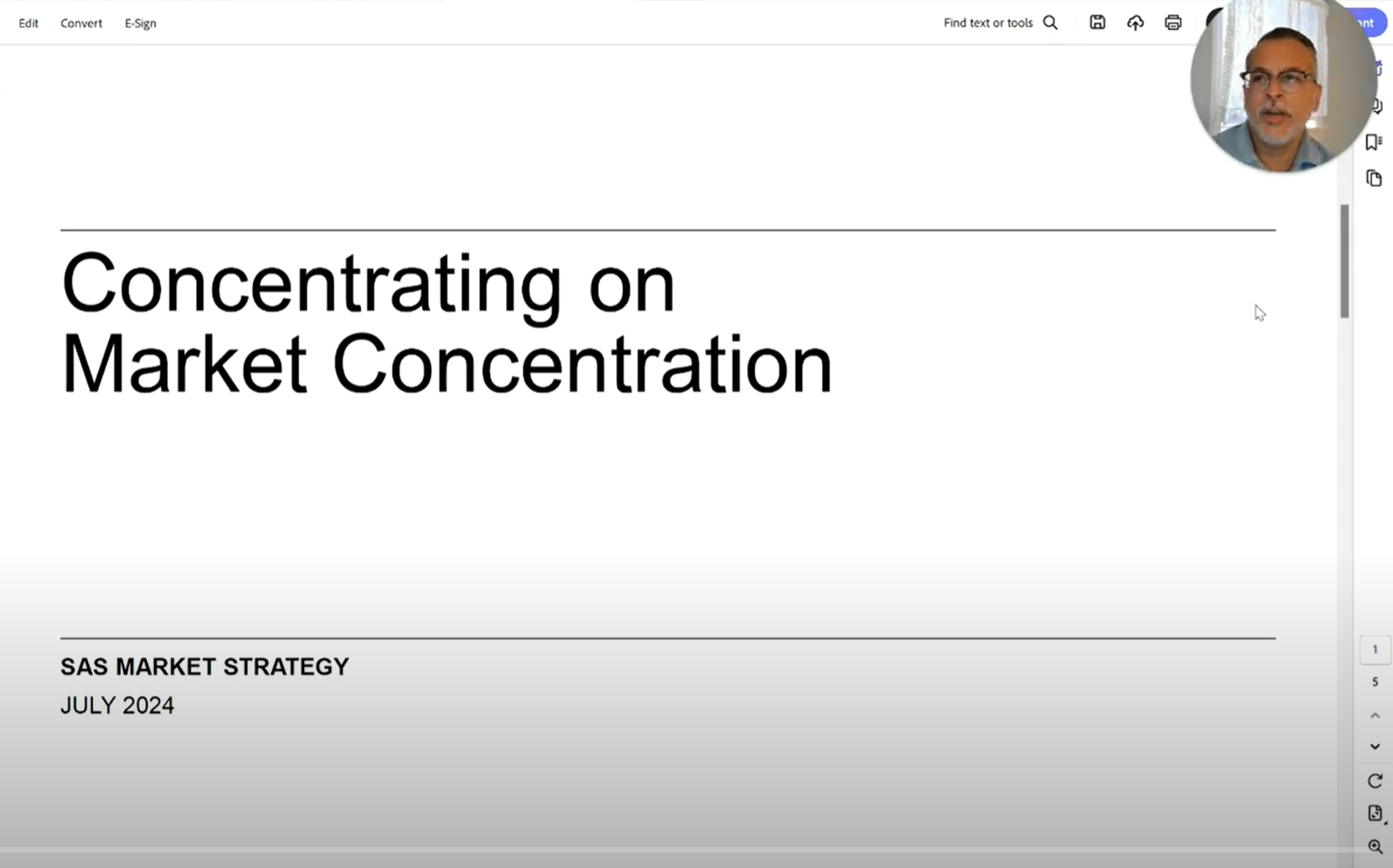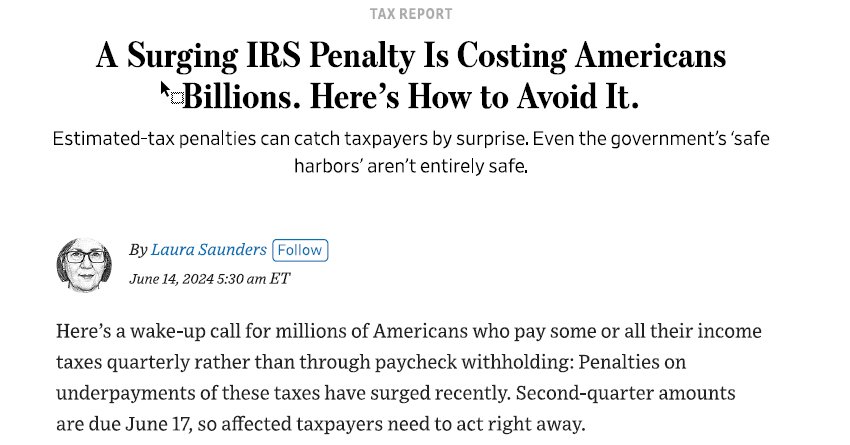Wait, wasn’t the last “monthly” What’s New(s) with Seth in September? What happened to Q4?
Little known fact about our PCFOs, there are only 10 months in their year because Oct/Nov/Dec are all combined into one long month we call “Year-End Planning”. They spend this time laser focused on making sure no stone is unturned for any planning opportunities or life details on behalf our clients – therefore, there wasn’t time for much news in Q4.
So, we’re back on the human calendar for January (FYI – we tend to combine a couple months around tax time too!).
Hope you enjoy this month’s update. Seth is back with another installment of “What’s New(s)?” highlighting the topics that he’s following closely which might have an impact on you, as well as some others that he thinks you might find interesting or fun.
– Shaun
For the first time in 20 years, the IRS has adjusted the life expectancy tables for required minimum distributions (RMDs). As a result of longer life expectancy RMDs will be slightly lower this year than last. This also has an impact on Inherited IRAs using the stretch-distribution rules. Be sure to double-check your RMD calculations this year!
Wealthfront, one of the first roboadvisors, has been acquired by UBS for $1.4B. An interesting match for a roboadvisor to be partnering with a 160 year old bank…
Original iterations of the Build Back Better Act did not include any SALT (state and local tax) relief from the $10k cap on itemized deductions. Now a number of Democrats are vowing to block the BBB bill if it does not address the SALT cap.
A recent tax court decision shows the risks that can be associated with self-directed IRAs if they are not administered correctly. In the particular case, an individual bought rare coins with their self-directed IRA and stored them in their house. Simply because the IRA owner took physical possession of the coins this was treated as a “deemed distribution” which is taxable. This case reinforces how important it is to administer self-directed IRAs in the correct manner to avoid potential tax surprises.













